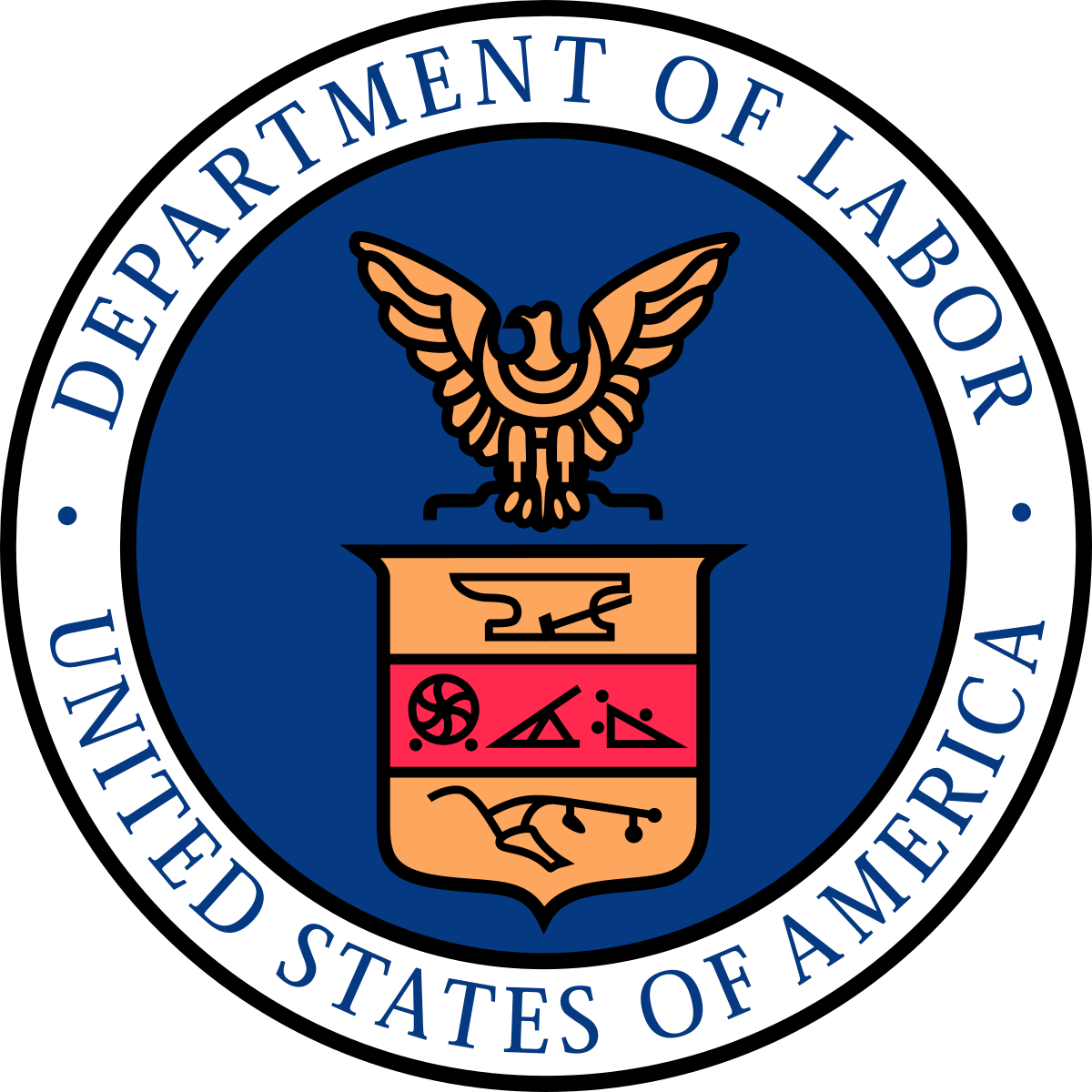
Sunah Chang is a student at Harvard Law School.
In today’s news and commentary: the Department of Labor finalizes its rule on independent contractors, Las Vegas hospitality workers announce their upcoming strike, and the New York Times profiles the American labor movement’s attitudes towards the Israel-Gaza war.
Today, the Department of Labor released a final rule, which would make it more challenging for companies to classify workers as independent contractors under the Fair Labor Standards Act. The rule aims to crack down on the misclassification of employees as contractors, which has allowed companies to skirt their workers’ rights to minimum wage and overtime pay. While the rule does not single out any particular industry or job, the rule will likely have far-reaching impacts on construction, trucking, and healthcare industries where misclassification is commonplace. The policy is also expected to disrupt business models like Uber and Lyft, which rely on hiring drivers as “gig” workers rather than as employees.
The new rule replaces the independent contractor rule promulgated by the Trump administration’s DOL in 2021, which established a business-friendly rule for examining independent contractor status. The Trump-era rule focused on two core factors—the nature and degree of control over the work and the worker’s opportunity for profit or loss—to drive the independent contractor analysis. However, under the new rule, the agency will employ a “totality-of-the-circumstances” approach for analyzing whether a worker is properly classified as an independent contractor. In particular, the rule provides six factors to be considered on an equally weighted basis: the worker’s opportunity for profit or loss, investments by the worker and the employer, degree of permanence of the work relationship, nature and degree of control, extent to which the work is performed is an integral part of the employer’s business, and specialized skill and initiative. This multi-factor framework is expected to tip the scales away from the pro-business Trump-era rule. The new rule, which will be officially published in the Federal Register tomorrow, is scheduled to go into effect on March 11, 2024.
Yesterday, unions representing Las Vegas hospitality workers announced that they plan to go on strike on February 2nd unless contract agreements are reached before then. The Culinary and Bartenders Unions are in ongoing contract negotiations with 21 hotels and casinos in Las Vegas. The unions are demanding higher pay, improved safety measures, protections against technology, among other benefits. If the strike occurs as scheduled, it would arrive just days before Las Vegas hosts its first Super Bowl on February 11th.
The strike announcement follows recent victories by both unions. Last November, the Culinary Union reached historic contract agreements with MGM Resorts International, Caesars Entertainment, and Wynn Las Vegas, which included 32 percent salary increases. And just last month, the Culinary and Bartenders Unions won new contracts with Tropicana Las Vegas and The Mirage.
In more union news, the New York Times published an article on Sunday exploring the shifting generational attitudes toward Israel within the American labor movement. According to the article, American unions have historically maintained a close financial and political relationship with Israel since the state’s founding. Nevertheless, the recent Israel-Gaza war has revealed broader disagreements within unions about how the labor movement should participate in national and international politics. While many union leaders have continued to express support for Israel, many younger union members have demanded that their unions take a pro-cease-fire stance. According to the article, labor experts have characterized this tension as a “generational shift” among young activists who are promoting new visions of progressive politics within the American labor movement.






Daily News & Commentary
Start your day with our roundup of the latest labor developments. See all
July 3
California compromises with unions on housing; 11th Circuit rules against transgender teacher; Harvard removes hundreds from grad student union.
July 2
Block, Nanda, and Nayak argue that the NLRA is under attack, harming democracy; the EEOC files a motion to dismiss a lawsuit brought by former EEOC Commissioner Jocelyn Samuels; and SEIU Local 1000 strikes an agreement with the State of California to delay the state's return-to-office executive order for state workers.
July 1
In today’s news and commentary, the Department of Labor proposes to roll back minimum wage and overtime protections for home care workers, a federal judge dismissed a lawsuit by public defenders over a union’s Gaza statements, and Philadelphia’s largest municipal union is on strike for first time in nearly 40 years. On Monday, the U.S. […]
June 30
Antidiscrimination scholars question McDonnell Douglas, George Washington University Hospital bargained in bad faith, and NY regulators defend LPA dispensary law.
June 29
In today’s news and commentary, Trump v. CASA restricts nationwide injunctions, a preliminary injunction continues to stop DOL from shutting down Job Corps, and the minimum wage is set to rise in multiple cities and states. On Friday, the Supreme Court held in Trump v. CASA that universal injunctions “likely exceed the equitable authority that […]
June 27
Labor's role in Zohran Mamdani's victory; DHS funding amendment aims to expand guest worker programs; COSELL submission deadline rapidly approaching